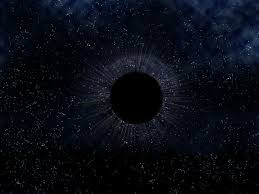Menzione al Dott. Giuseppe Cotellessa in un articolo Multidisciplinare scritto da Chutima Kranrod e caricato su Academia Edu / Mention to Dr. Giuseppe Cotellessa in a Multidisciplinary article written by Chutima Kranrod and uploaded to Academia Edu / #1/3/2023 bis

Menzione al Dott. Giuseppe Cotellessa in un articolo Multidisciplinare scritto da Chutima Kranrod e caricato su Academia Edu / Mention to Dr. Giuseppe Cotellessa in a Multidisciplinary article written by Chutima Kranrod and uploaded to Academia Edu / #1/3/2023 bis Dott. Giuseppe Cotellessa Dear Genio Italiano Giuseppe Cotellessa, The name “G. Cotellessa” was mentioned in a Multidisciplinary paper written by Chutima Kranrod uploaded to Academia Edu. ITALIANO Gentile Genio Italiano Giuseppe Cotellessa, Il nome “G. Cotellessa” è stato citato in un articolo Multidisciplinare scritto da Chutima Kranrod e caricato su Academia Edu.


